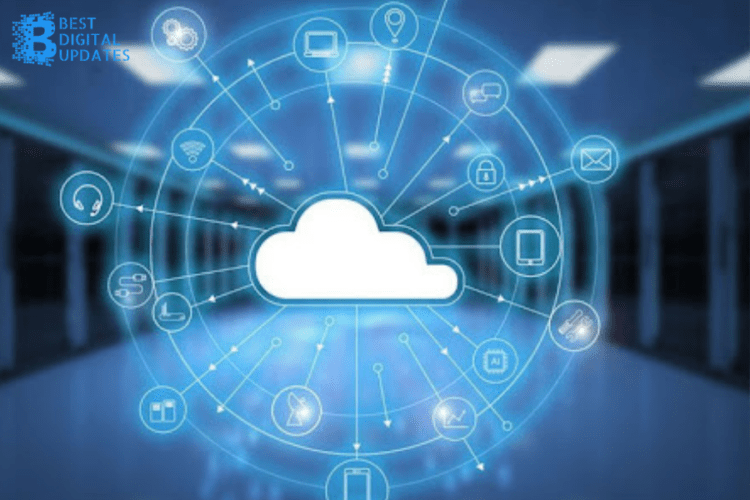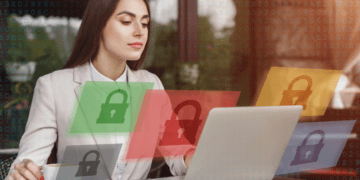Now we hear about cloud technologies from everywhere. Indeed, these are innovations that are only being developed and popularized among people. However, many are wondering if it is safe to store personal information in the cloud? This is what we will look into today.
If you need help with cloud technologies or need to implement a project, you can always turn to cloud application consulting at Unicsoft.
Of course, the cloud is a very secure technology that is protected from hacking. But to protect yourself, it is better to follow the following tips.
What are the benefits of the cloud?
Let’s start with the main benefits that you get if you use this technology.
Advantages:
-Your information will always be available from anywhere with Internet access.
-It will not be lost if your mobile terminal or tablet is lost or stolen. The information is stored on the servers of the service. They perform backup functions.
-It allows you to easily share information with anyone without using a flash drive, hard drive, etc.
-You can sync mobile devices with your computer to access information from all of them.
Please be aware that a weak password to access the service, a breach of security on the servers of the service, a hacker attack, or simple theft of the terminal, if it is not properly protected, can make your information available to unauthorized persons. There is also a risk of losing information if, for example, the service is closed and you did not have backups in another support.
Tips & Trick
Choose the storage options and services that best suit your needs, read their terms of use before accepting them, and follow these tips:
-Make sure that the cloud service is accessed via HTTPS.
-Correctly configure the privacy and security settings provided by the service.
-For added security, encrypt your most important data before uploading it to the cloud service.
-Use a strong access password and keep it private.
-Make backup copies on alternative media.
-If you are sharing files, make sure the recipient is the one you intended to send the information to.
All file transfer systems designed to share information with third parties run the risk of making the mistake of leaving information available in a folder or file on a device that may contain photos, videos, invoices, emails, tasks, software, projects, etc. Therefore, before using the P2P app, make sure it is set up correctly.
First, and if it is possible for you, use different computers for professional activities and personal or leisure activities. If that’s not possible, another simpler alternative is to create different user profiles depending on how you intend to use the device. In case of problems, the impact will be much less
Encrypting sensitive information can also be a good solution. Even if you accidentally share information that you shouldn’t, if it’s encrypted, the impact will be much less because the recipient must have the decryption key for it to be read.
Check permissions for certain information if you are sharing from your device or the cloud, or if you are sharing through file transfer services. Check to see if the recipients of the information you are permitting to are the ones you want to share it with.
You can use the Recipient Responsibility Notice! If possible, insert a note about the recipient’s responsibility in your messages or documents.
We give you an example: “PRIVACY: This message is private and the files attached to it are confidential and solely for the recipients of the same. Please, if you are not one of these recipients, please inform us of this fact and do not copy or disclose its contents to third parties.” This note does not protect you from mistakes, but at least if you do and a third party gets the wrong information, you inform them how to proceed correctly.
Conclusion
Of course, no one is immune from hacker attacks or other failures. But on your part, you must take all security measures to take care of your data. If you want to know more about such technologies, you can get more info.




















